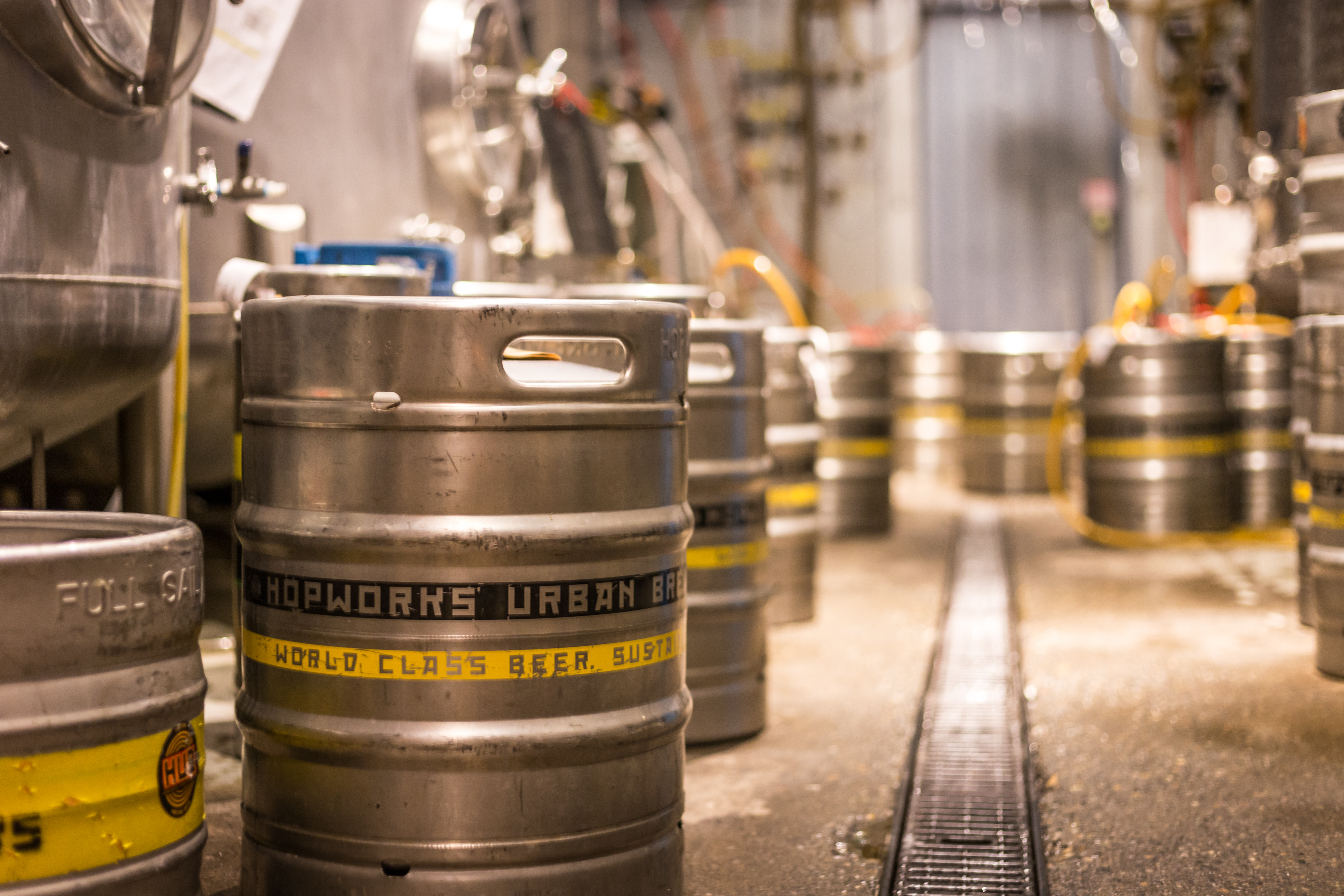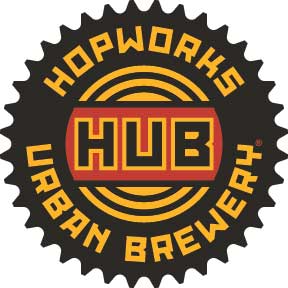

Hopworks Brewery

Oregon, United States
February 2015
Beverages
Manufacturing
United States
Hopworks Urban Brewery was founded in 2008 in Portland, Oregon with one simple mission - Create exceptional beer and food with sustainable business practices that protect our planet and support our community. Founders Christian and Brandie Ettinger have worked to design and establish a sustainable business model for the brewing industry that includes becoming the first certified B Corp Brewery in the Pacific Northwest. Hopworks is an independent, family-owned and operated small business employing 85 team members. The 20-barrel brewery produces 10,000 barrels of beer per year for the Portland, Vancouver and PDX Airport brewpubs, and for distribution throughout Cascadia and beyond. Hopworks proudly brews conventional and Certified Organic beers with the appropriate locally-sourced, Salmon-Safe and Organic hops and malt. The pubs serve fresh, thoughtfully prepared food in sustainably-built and operated buildings. The pubs’ atmosphere are relaxed, and family-friendly with a creative and rustic “Industrial Ski Lodge” style. Hopworks supports the neighborhoods through donations, profit sharing, and volunteering with local non-profits. Every effort has been made to protect the planet with thoughtful alternatives to the status quo, using beer as a force for good.
Overall B Impact Score
Governance 16.3
Governance evaluates a company's overall mission, engagement around its social/environmental impact, ethics, and transparency. This section also evaluates the ability of a company to protect their mission and formally consider stakeholders in decision making through their corporate structure (e.g. benefit corporation) or corporate governing documents.
What is this? A company with an Impact Business Model is intentionally designed to create a specific positive outcome for one of its stakeholders - such as workers, community, environment, or customers.
Workers 18.3
Workers evaluates a company’s contributions to its employees’ financial security, health & safety, wellness, career development, and engagement & satisfaction. In addition, this section recognizes business models designed to benefit workers, such as companies that are at least 40% owned by non-executive employees and those that have workforce development programs to support individuals with barriers to employment.
Community 21.5
Community evaluates a company’s engagement with and impact on the communities in which it operates, hires from, and sources from. Topics include diversity, equity & inclusion, economic impact, civic engagement, charitable giving, and supply chain management. In addition, this section recognizes business models that are designed to address specific community-oriented problems, such as poverty alleviation through fair trade sourcing or distribution via microenterprises, producer cooperative models, locally focused economic development, and formal charitable giving commitments.
Environment 53.2
Environment evaluates a company’s overall environmental management practices as well as its impact on the air, climate, water, land, and biodiversity. This includes the direct impact of a company’s operations and, when applicable its supply chain and distribution channels. This section also recognizes companies with environmentally innovative production processes and those that sell products or services that have a positive environmental impact. Some examples might include products and services that create renewable energy, reduce consumption or waste, conserve land or wildlife, provide less toxic alternatives to the market, or educate people about environmental problems.
What is this? A company with an Impact Business Model is intentionally designed to create a specific positive outcome for one of its stakeholders - such as workers, community, environment, or customers.
Customers 2.9
Customers evaluates a company’s stewardship of its customers through the quality of its products and services, ethical marketing, data privacy and security, and feedback channels. In addition, this section recognizes products or services that are designed to address a particular social problem for or through its customers, such as health or educational products, arts & media products, serving underserved customers/clients, and services that improve the social impact of other businesses or organizations.